Poison implants inserted into bilbies at Arid Recovery wildlife reserve in UniSA project aiming to help wipe out feral cats
Poison implants have been inserted into bilbies at a large wildlife reserve near Roxby Downs, in a new attempt to wipe out feral cats.
SA News
Don't miss out on the headlines from SA News. Followed categories will be added to My News.
Feral cats are being targeted with a crafty new method – making their native prey poisonous.
At Arid Recovery wildlife reserve near Roxby Downs, rice-sized implants containing poison have been inserted under skin on the backs of 30 bilbies, to trial the technology.
UniSA PhD candidate Kyle Brewer says the implants could save the lives of hundreds of native animals at risk of being killed by feral cats.
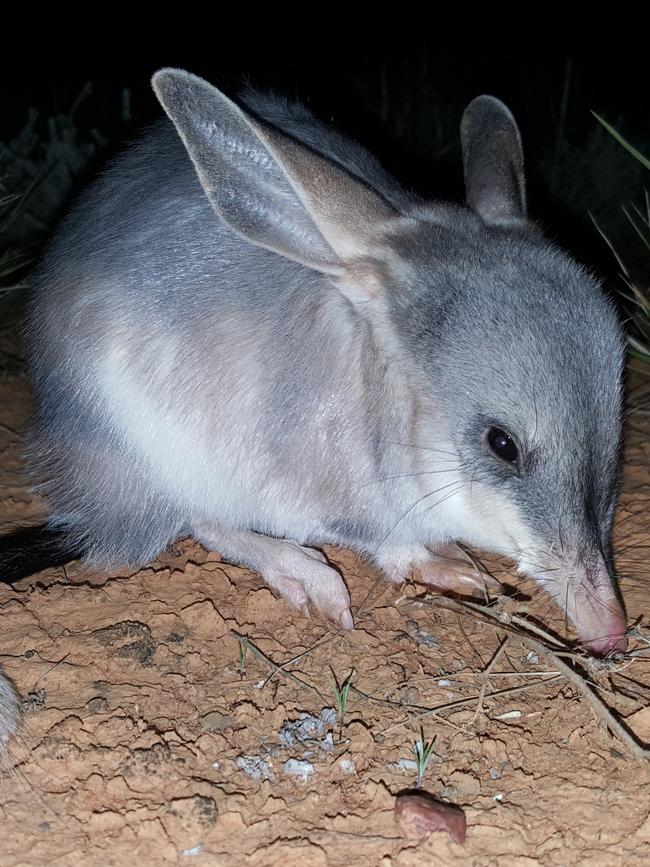
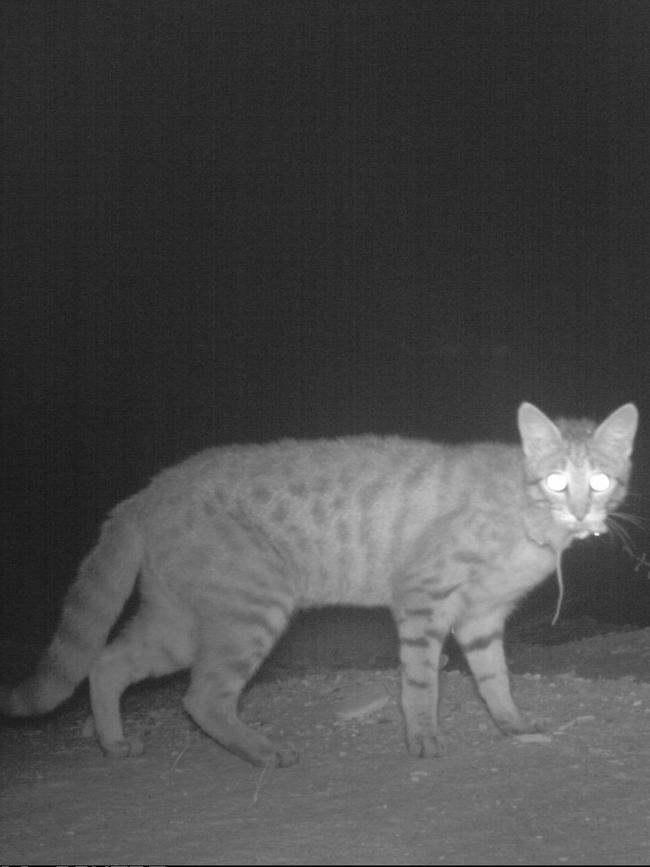
If the trial is successful, the technology could be used in other areas, and the “population-protecting implants” (PPIs) used to help protect other vulnerable species such as bettongs and quolls.
The idea was first raised about 25 years ago, but this is believed to be the first time the implants, created by researchers at UniSA, have been put into practice in Australia.
Mr Brewer said efforts to remove feral cats across the country had experienced limited success, making it almost impossible to re-establish native populations outside fenced areas. “Invariably, when native mammal reintroduction schemes are activated, they’re swiftly wiped out by an incursive feral cat,” he said.
“By injecting native species with the PPI before they are reintroduced to their natural environment, we’re providing a protective buffer that aims to take out the feral invader in one stroke.”
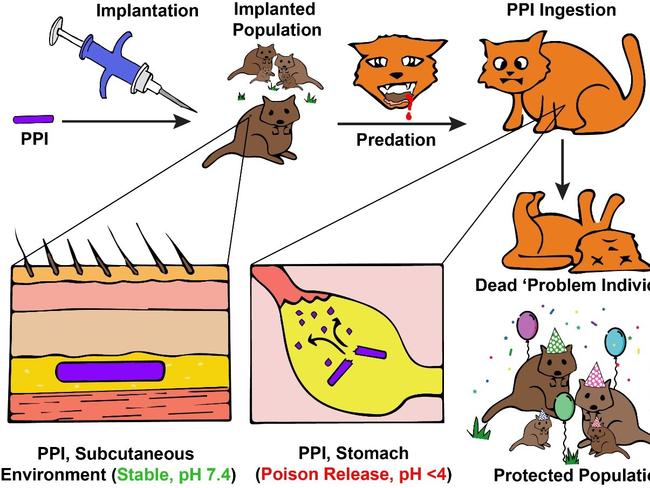
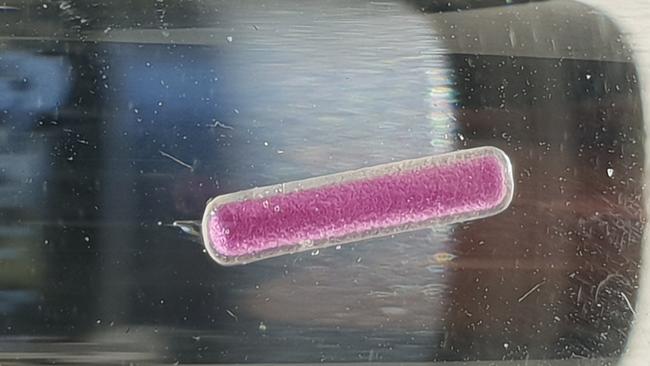
When cats prey upon the animals, they eat the implant too, which kills the predators, protecting the remaining population. The implants, containing poison, are covered by a protective coating.
The poison does not threaten the tolerant native animals implanted with it, but it is deadly to the predators that ingest the tiny implant.
Mr Brewer said the technology could be particularly useful to protect small populations of mammals already being handled – particularly those reintroduced to areas where they have died out.
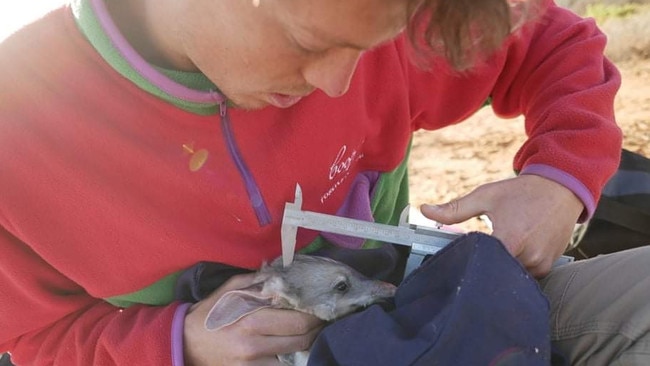
Adelaide University and consultancy Ecological Horizons are also involved in the project.
Adelaide student Ned Ryan-Scholefield said the technology was being trialled in a 37sq km area at Arid Recovery.
“If we want to be able to reintroduce species like bilbies into areas that have predators … we need tools like the PPI to remove those that prey upon them,” he said.
Mr Ryan-Scholefield said no cats have yet died from killing bilbies and ingesting the implant, but the project had been started around the same time as a boom in other small animals, such as hopping mice, which were easier prey.





